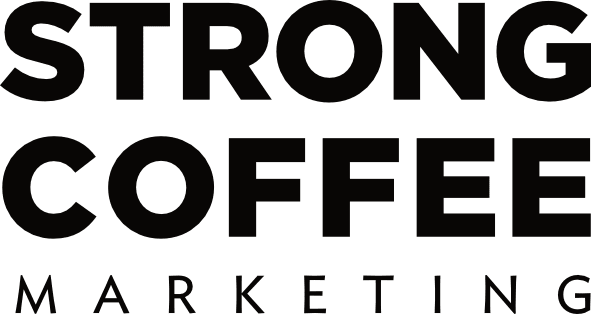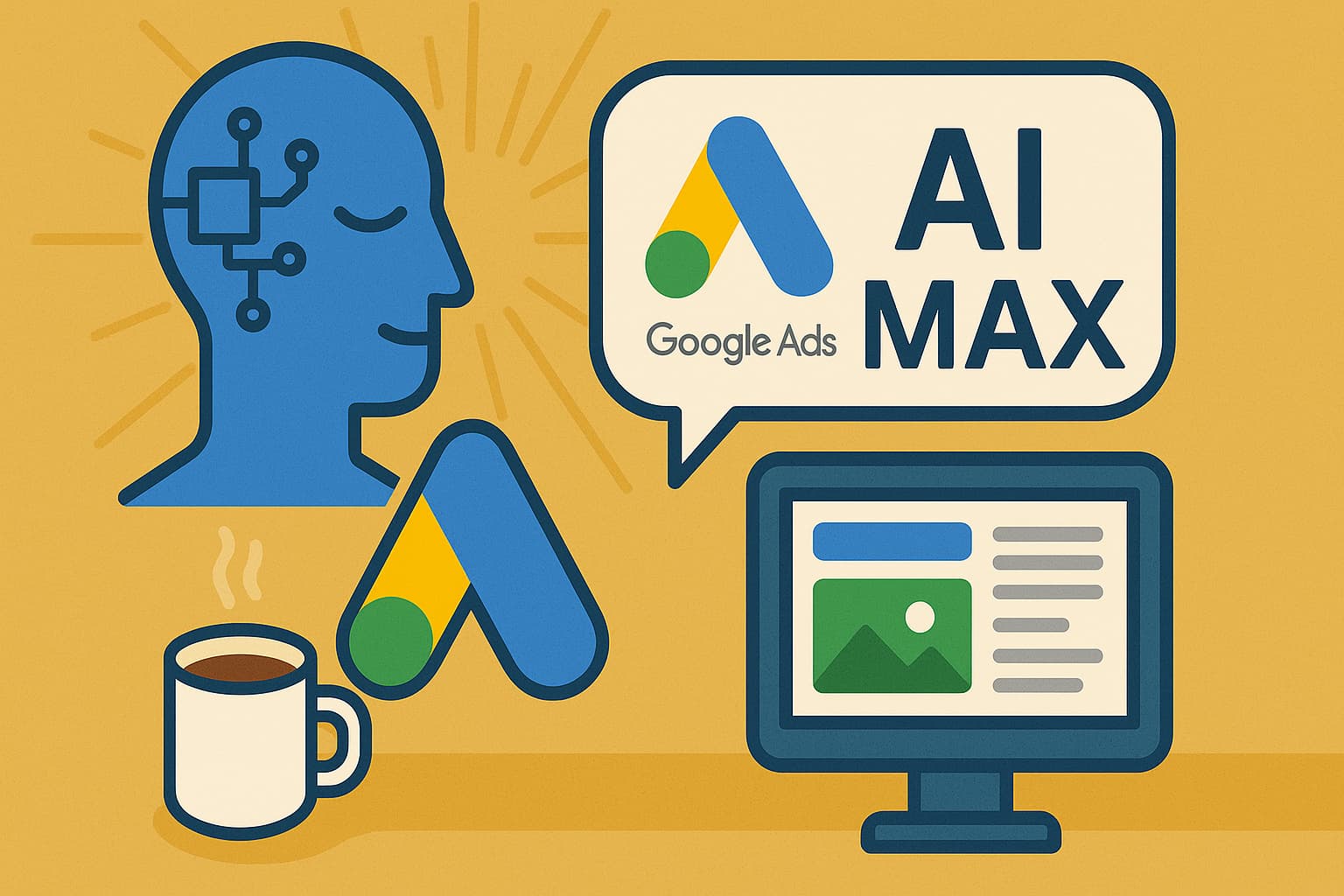As we look ahead to 2025, the landscape of digital marketing and advertising is poised for transformative changes. With rapid advancements in technology, evolving consumer behaviors, and increasing regulatory scrutiny, businesses must stay ahead of the curve to remain competitive. At Strong Coffee Marketing, we are excited to explore the top trends that will shape the future of digital marketing and advertising, including the integration of artificial intelligence, data privacy concerns, and the rise of out-of-home digital advertising.
ARTIFICIAL INTELLIGENCE INTEGRATION
Artificial intelligence (AI) is no longer a futuristic concept; it is a driving force in digital marketing today. By 2025, we expect AI to become even more integrated into marketing strategies, enhancing personalization and customer engagement. AI algorithms can analyze vast amounts of data to predict consumer behavior, allowing marketers to tailor their campaigns with unprecedented precision.
For instance, AI-driven chatbots are already revolutionizing customer service by providing instant responses to inquiries. As these technologies evolve, we anticipate more sophisticated chatbots that can handle complex queries and provide personalized recommendations based on user behavior. Additionally, AI will play a crucial role in optimizing advertising campaigns across platforms like Google Ads and Meta Ads, enabling marketers to automate bidding strategies and improve return on investment (ROI).
Moreover, the use of AI in content creation is on the rise. Tools that generate written content, design graphics, and even produce videos are becoming more accessible. By 2025, we expect to see a significant increase in the use of AI-generated content, which can help brands maintain a consistent online presence while saving time and resources. However, it’s essential to strike a balance between automation and human creativity to ensure authenticity in brand messaging.
DATA PRIVACY AND CONSUMER TRUST
As digital marketing continues to evolve, so do concerns about data privacy. With regulations like the General Data Protection Regulation (GDPR) and the California Consumer Privacy Act (CCPA) already in place, businesses must prioritize transparency and consumer trust. By 2025, we anticipate that data privacy will be a central focus for marketers, influencing how they collect, store, and utilize consumer data.
The rise of privacy-centric platforms and tools will reshape the advertising landscape. For example, third-party cookies are being phased out, prompting marketers to explore alternative tracking methods. Contextual advertising, which targets users based on the content they are consuming rather than their personal data, is likely to gain traction. This approach not only respects user privacy but also enhances the relevance of ads, leading to higher engagement rates.
Furthermore, brands that prioritize ethical data practices and transparent communication will build stronger relationships with their customers. By fostering trust, businesses can create loyal customer bases that are more likely to engage with their marketing efforts. At Strong Coffee Marketing, we believe that a commitment to data privacy will be a key differentiator for brands in the coming years.
THE RISE OF OUT-OF-HOME DIGITAL ADVERTISING
While digital marketing has predominantly focused on online channels, the resurgence of out-of-home (OOH) advertising is a trend to watch in 2025. With advancements in digital signage technology, OOH advertising is becoming more dynamic and interactive. Brands can now deliver targeted messages to specific audiences in real-time, leveraging data analytics to optimize their campaigns.
Digital billboards and screens in high-traffic areas provide an opportunity for brands to reach consumers where they are, creating memorable experiences that complement online marketing efforts. For instance, integrating social media campaigns with OOH advertising can amplify brand visibility and engagement. Imagine a digital billboard displaying user-generated content from a brand’s Instagram feed, encouraging passersby to engage with the brand online.
As urban areas become more crowded and consumers increasingly rely on mobile devices, the synergy between digital and physical advertising will become essential. By 2025, we expect to see more brands embracing OOH digital advertising as part of their holistic marketing strategies, creating a seamless experience for consumers across multiple touchpoints.
VERTICAL VIDEO AND REEL CONTENT: THE ERA OF SHORT-FORM DOMINANCE
Vertical video continues to dominate social media platforms as users favor quick, immersive, and mobile-friendly content. By 2025, platforms like Instagram Reels, TikTok, and YouTube Shorts will solidify their positions as essential channels for consumer engagement. Brands that prioritize authentic, engaging, and bite-sized storytelling will thrive in this environment.
With trends like “edutainment” and product demonstrations driving massive viewership, short-form videos provide a powerful way to capture attention, particularly among younger audiences. Businesses should focus on creating agile content strategies that allow them to respond quickly to viral trends while maintaining brand consistency.
THE EVOLUTION OF SEARCH ENGINES: CHATGPT AND BEYOND
Search engines are undergoing a seismic transformation. Generative AI tools like ChatGPT are beginning to encroach on traditional search engines’ market share, offering users a conversational and curated alternative to finding information. While these tools currently lack advertising opportunities, they present a significant shift in consumer behavior, emphasizing quick, precise answers over traditional link-based search results.
Meanwhile, Google is adapting to keep its dominance. Recent updates have placed a stronger emphasis on user-generated content from platforms like Reddit and Quora, valuing community-driven insights for niche or complex queries. This shift encourages marketers to rethink SEO strategies, placing greater importance on authentic, conversational content and participation in online communities.
INTERACTIVE AND IMMERSIVE EXPERIENCES
Advances in augmented reality (AR) and virtual reality (VR) are reshaping how brands engage consumers. By 2025, these technologies will become mainstream, particularly for e-commerce and experiential marketing. Tools that allow customers to “try on” products virtually or experience virtual showrooms will become key differentiators.
CONCLUSION
As we move toward 2025, the digital marketing landscape will be characterized by innovation, adaptability, and a commitment to consumer trust. At Strong Coffee Marketing, we are excited to embrace these trends and help our clients navigate the evolving world of digital advertising. By staying informed and proactive, businesses can leverage these trends to create impactful marketing strategies that resonate with their target audiences.
Recent Posts
Boost Business Efficiency with Google Workspace Automation Tools
Streamlining Your Business with Google-Based Automations Hey there, fellow business owners! If you’re like most of us, you probably feel like there just...
Harnessing Google Tag Manager for Better User Insights and Performance Tracking
Unlocking the Power of Google Tag Manager: Simplifying Tracking and Understanding User Behavior Hey there, fellow business owners! If you’re navigating the digital...
AI Max: Transform Your Google Search Ads Strategy Today
Unleashing the Power of AI with Google Ads’ New AI Max Hey there, fellow business owners! If you’re anything like us at Strong...


